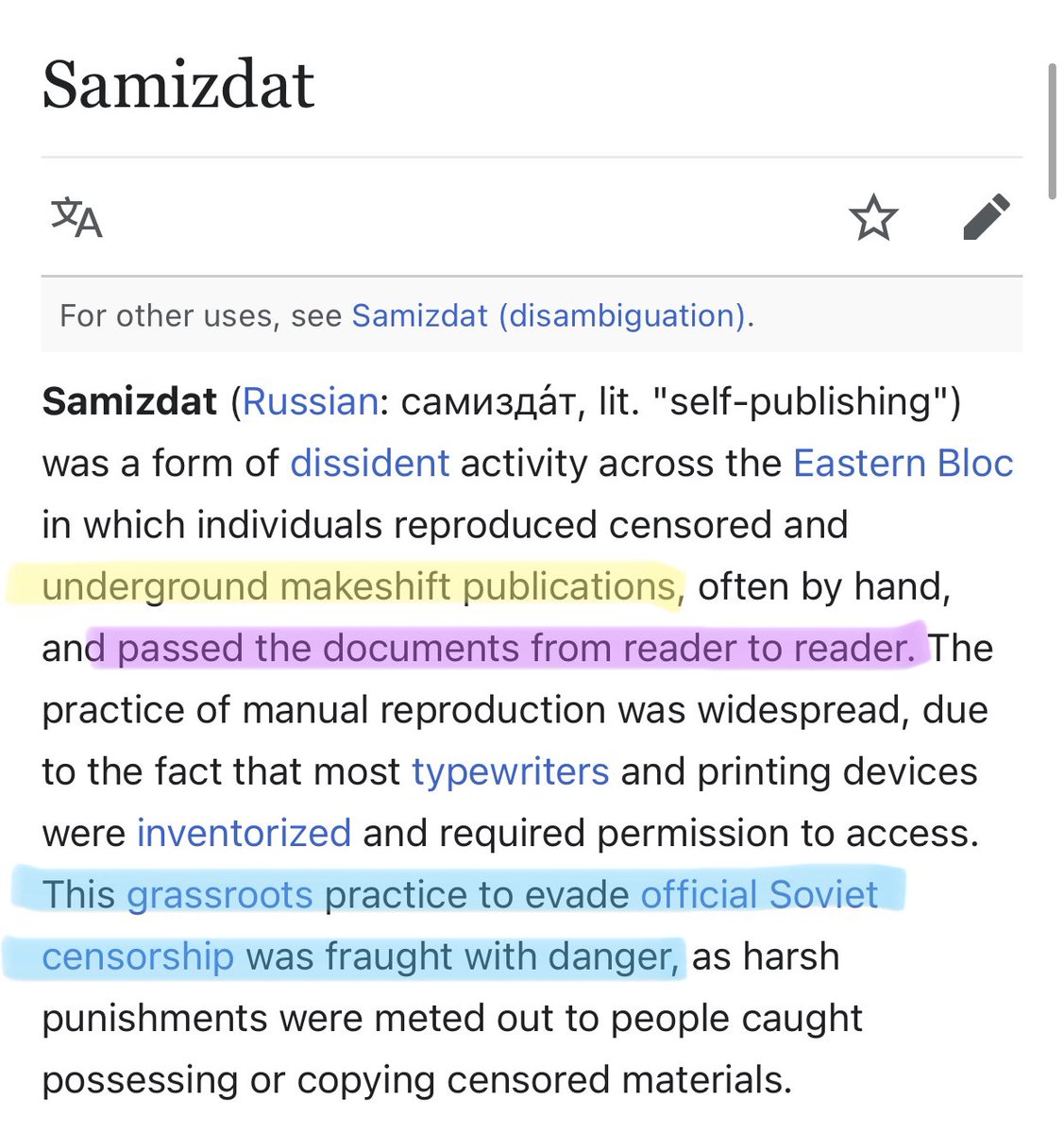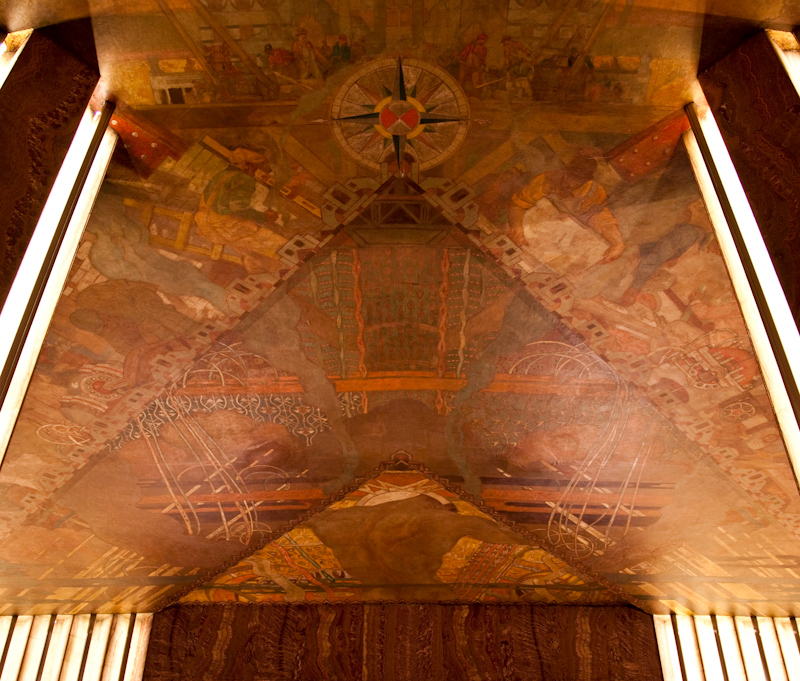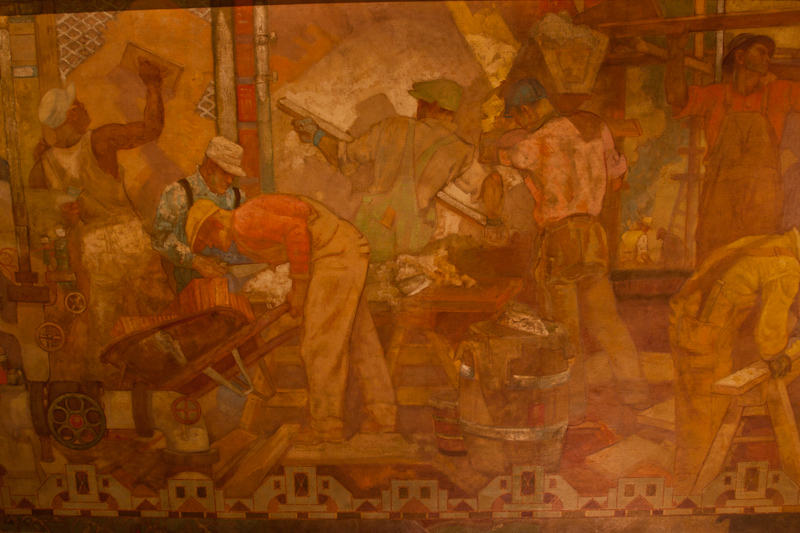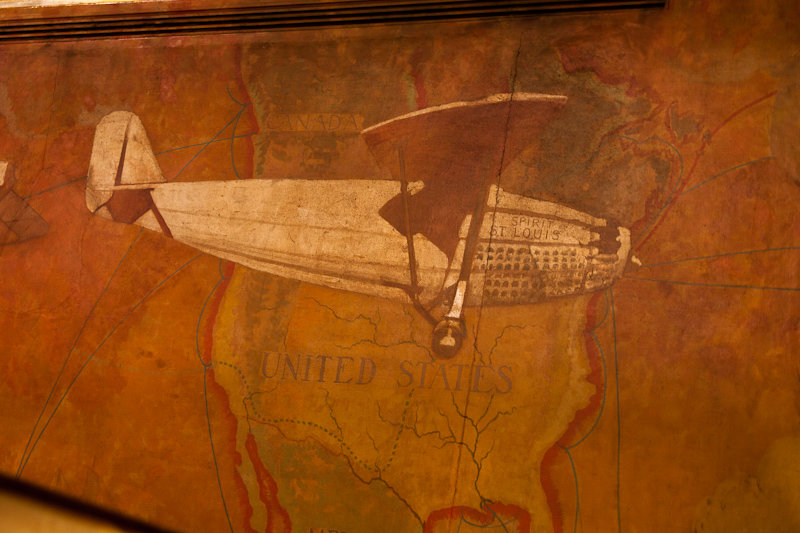
I know it sounds too simple to be true, but one of the best ways to foster innovation is to make it easier for people to be radically different
One of my biggest worries about the Internet is that the feedback loops are too fast.
Thinking differently requires years of independent wandering, which often looks unproductive in the short-term even when it leads to long-term breakthroughs. The Internet may inhibit this.
Thinking differently requires years of independent wandering, which often looks unproductive in the short-term even when it leads to long-term breakthroughs. The Internet may inhibit this.
Internet forums like Twitter aren’t very good at responses like “you’re mostly wrong, but you’re wrong in very interesting ways that could eventually be productive, so let’s work together to improve your thinking” which is the kind of collaboration that fosters creativity.
If I have a single message to share it’s that more people should write in public.
Though we should ultimately celebrate the explosion of independent writers, many important ideas can only spread in private backchannels and small discussion groups.
It’s like a modern samizdat.

Though we should ultimately celebrate the explosion of independent writers, many important ideas can only spread in private backchannels and small discussion groups.
It’s like a modern samizdat.


The Internet makes the world legible at the cost of secrecy.
Consider speakeasies, the locations of which were once whispered among trusted friend groups. But now that they’re searchable on Yelp. we’ve lost some of the underground culture that once fostered creativity.
Consider speakeasies, the locations of which were once whispered among trusted friend groups. But now that they’re searchable on Yelp. we’ve lost some of the underground culture that once fostered creativity.
This thread was inspired by @patrickc who explores these nuances with his usual grace and humility.
His story is one of intellectual solitude where he explored ideas independently for many years: “Where I grew up, it was fairly easy to be different.”
His story is one of intellectual solitude where he explored ideas independently for many years: “Where I grew up, it was fairly easy to be different.”
• • •
Missing some Tweet in this thread? You can try to
force a refresh










